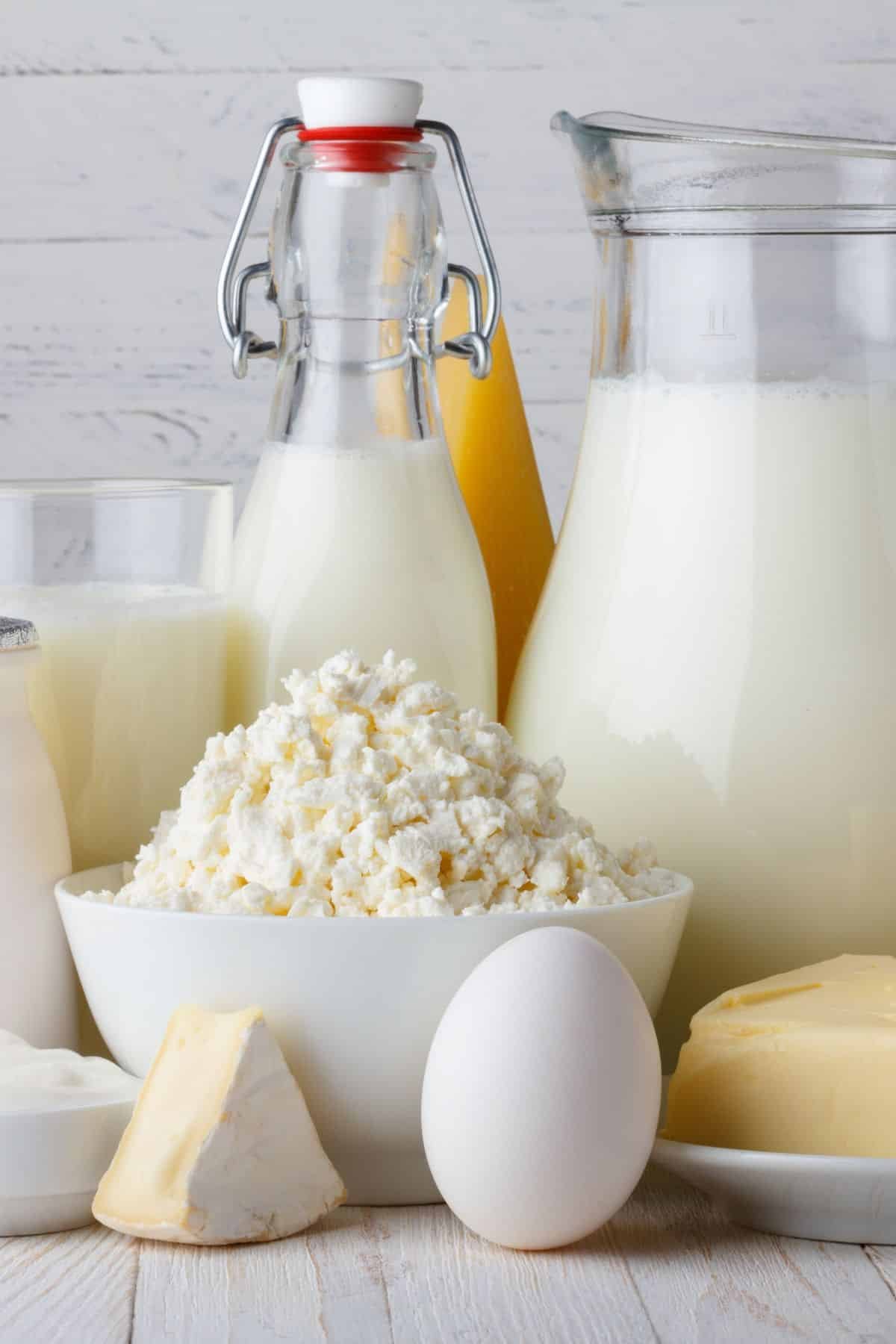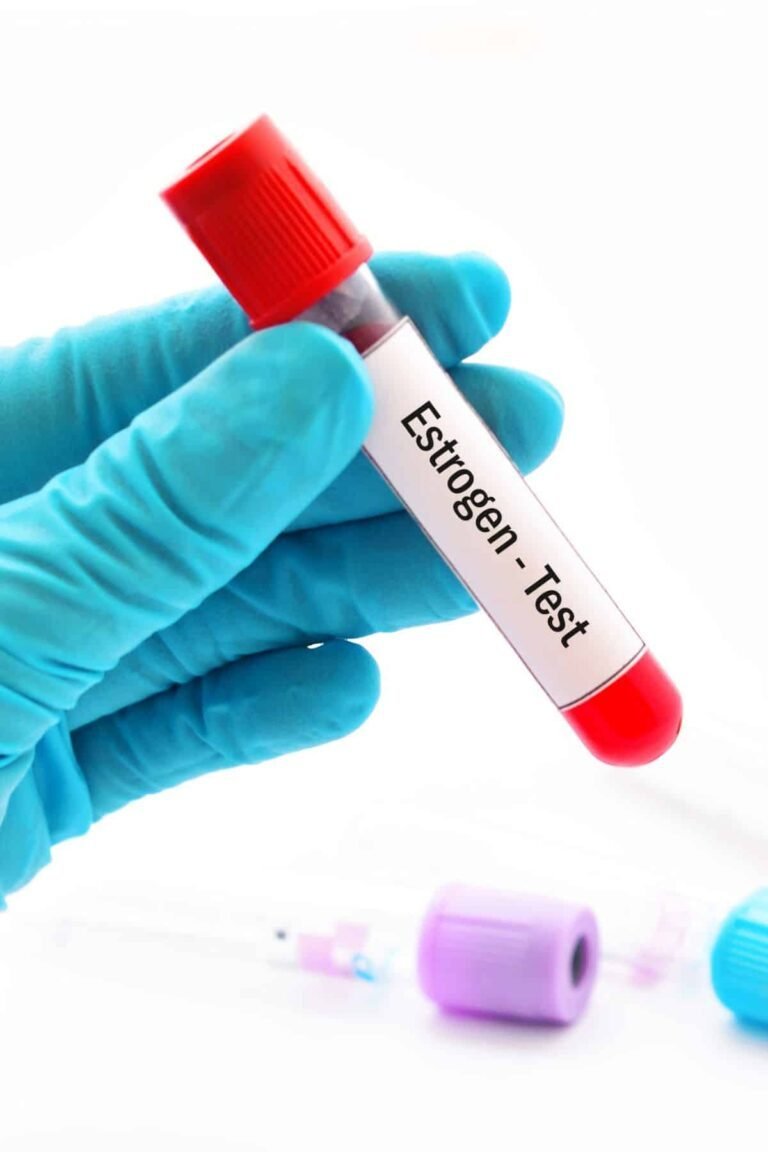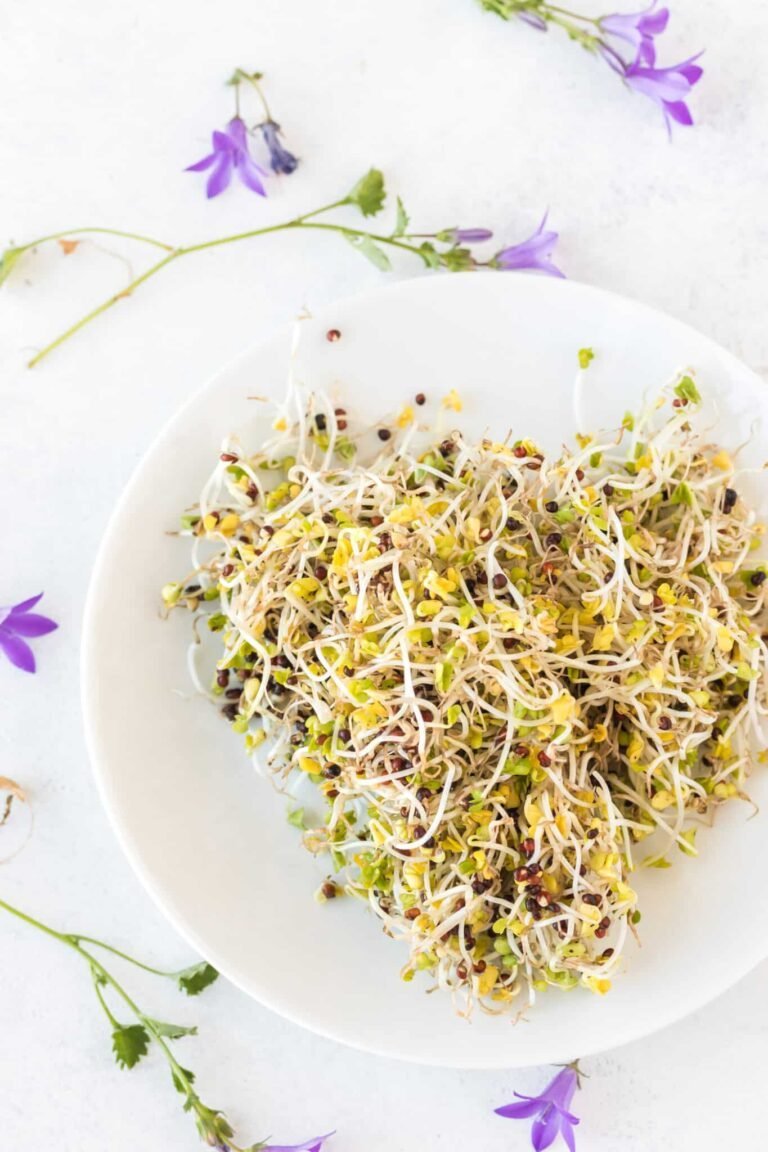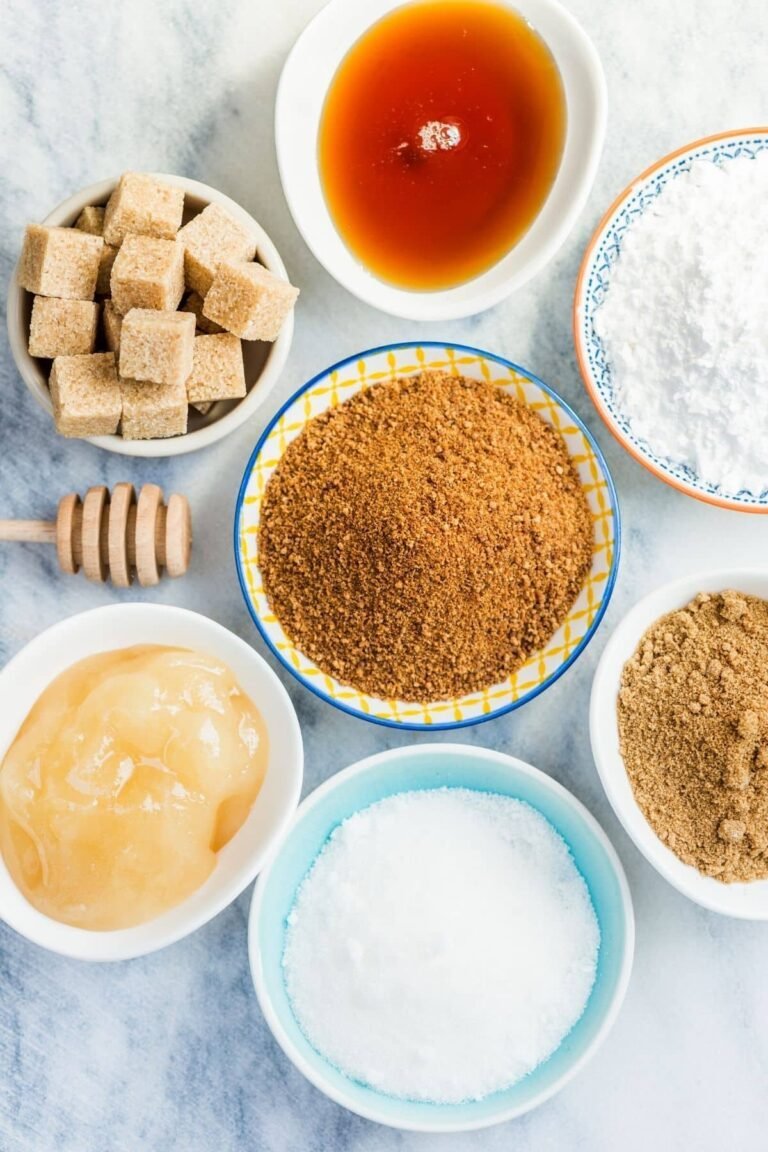5 Reasons You Should Avoid Dairy Foods with PCOS
Are you struggling with PCOS and wondering if cutting out dairy could help? It might be worth considering. PCOS, or Polycystic Ovary Syndrome, can bring a host of challenges, from weight management to hormonal imbalances. Here are five reasons why ditching dairy could make a difference:
Insulin Resistance:
PCOS often involves insulin resistance, where your body’s cells don’t respond properly to insulin, leading to high blood sugar levels. Dairy products, especially those high in sugar, can spike insulin levels, exacerbating the condition and making weight loss difficult.
Inflammation:
Chronic low-grade inflammation is common in PCOS. Dairy products, particularly those with artificial trans fats, can worsen inflammation, potentially increasing the risk of heart disease and aggravating PCOS symptoms.
Hormonal Impact:
Hormonal imbalances are a hallmark of PCOS. Dairy contains hormones and growth factors that may influence these imbalances, possibly affecting symptoms like acne, hair loss, and irregular periods.
Digestive Issues:
PCOS and digestive problems like IBS often go hand in hand. Dairy can exacerbate symptoms due to its high fat content and potential to slow digestion, worsening issues like constipation or diarrhea.
Allergies and Sensitivities:
While not directly linked to PCOS, some individuals may experience worsened symptoms due to dairy allergies or intolerances. This can manifest as skin issues, digestive problems, or respiratory symptoms.
But what about getting essential nutrients like calcium and vitamin D without dairy? Don’t worry, there are plenty of alternatives:
- Calcium: Seek out sources like seeds, canned fish with soft bones, amaranth, quinoa, and fortified foods like bread and cereal.
- Vitamin D: While sunlight is a natural source, fortified foods like cereals, bread, and orange juice can help. Consider speaking with your healthcare provider about supplements if needed.
So, what dairy alternatives are suitable for PCOS? Options like almond, cashew, coconut, hemp, flaxseed, or soy milk can replace cow’s milk. Olive oil or coconut oil can sub in for butter, while dairy-free cheese and nutritional yeast offer cheesy flavors without the dairy.
Personal experience can also shed light on the benefits. Many individuals with PCOS report improvements in symptoms, including digestive issues and hormonal balance, after going dairy-free.
Conclusion
while dairy may not be the root cause of PCOS, cutting it out could alleviate symptoms and improve overall well-being. Always consult with a healthcare provider before making significant dietary changes.
FAQs:
1.Can I still get enough calcium without dairy?
Yes! Many non-dairy sources like seeds, fish, and fortified foods provide ample calcium. It’s important to consume a variety of calcium-rich foods for optimal health.
2.Will going dairy-free cure my PCOS?
While dairy elimination may improve symptoms for some individuals, PCOS is a complex condition with various contributing factors. A holistic approach, including diet, exercise, and medical management, is often needed for symptom management.
3.Are there any risks to going dairy-free?
While dairy elimination can be beneficial for some, it’s essential to ensure you’re still getting essential nutrients like calcium and vitamin D from other sources. Additionally, dairy-free products may contain additives or excessive sugars, so it’s important to choose whole, nutritious options






